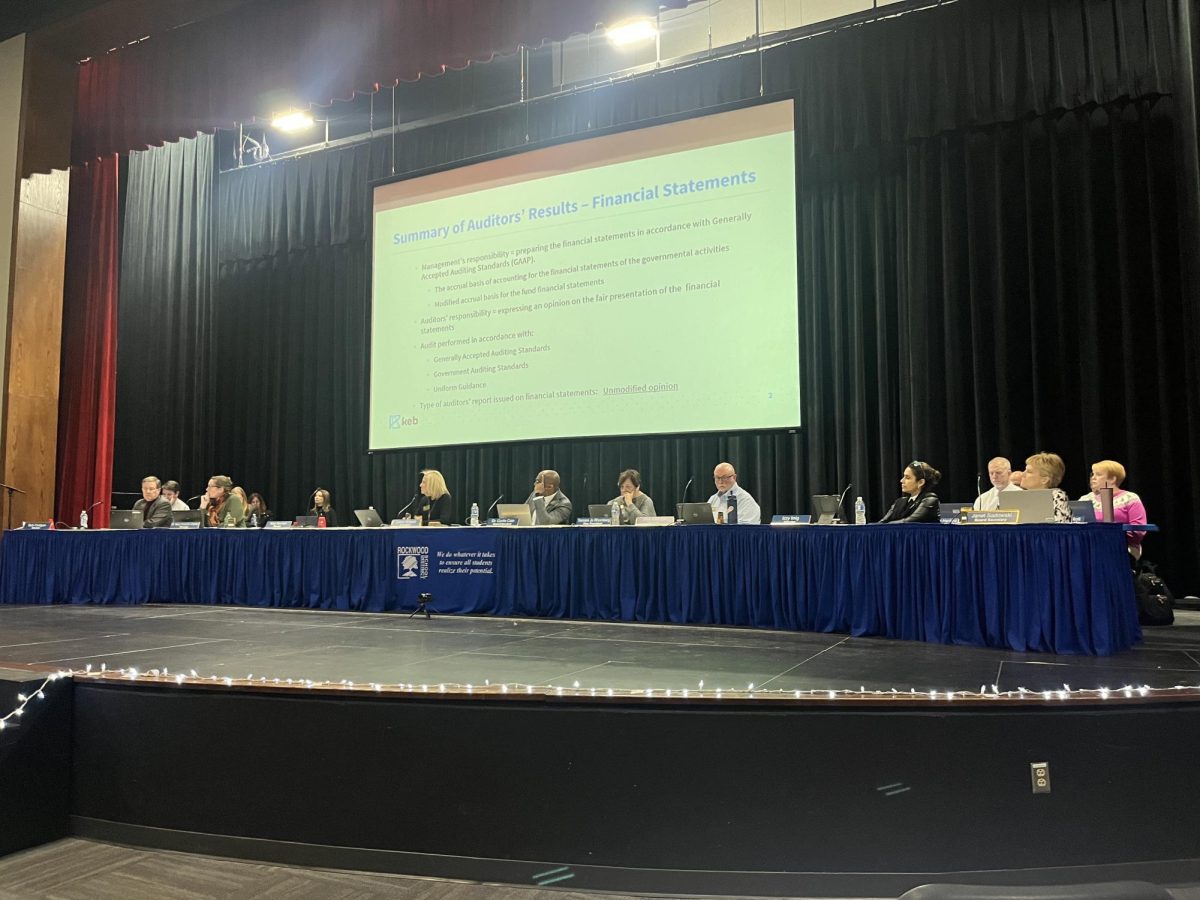Since the start of Kentucky’s legislative session on Jan. 2, education has been the focus of many bills. Senate Bill 93 (SB 93) has gained significant media attention for its removal of diversity, equity and inclusion (DEI) efforts in K-12 schools. Less acknowledged, however, is the fact that the bill also bans Trauma Informed Care (TIC) programs.
Removing these programs from schools will negatively impact a countless number of Kentucky students. TIC training teaches educators how to recognize the widespread impact of trauma and how they can best help students feel safe at school. In particular, TIC encourages educators to take a holistic approach when responding to student behaviors by recognizing that “bad” actions are often the result of trauma.
“Kids aren’t just, you know, cussing for the heck of it, or not turning in work because they feel like getting up and saying, ‘I’m gonna make that teacher’s life crazy today.’ Understanding the root of the behavior really helps us to better meet the needs of the students,” Jennifer Driscoll, Trauma Consultant for JCPS, said.
TIC language was introduced into state law in 2019 as part of the School Safety and Resiliency Act, an act passed in response to the fatal Marshall County school shooting in 2018. The act was a huge step forward in making schools safer and more supportive for students. In addition to TIC, the act provided more mental health resources to students to help them cope with the tragedy and hopefully prevent another from ever occurring. Now, with SB 93, the state is moving backwards.
“They [legislators] don’t see the things that our teenagers are carrying each and every day. They don’t understand the fact that it’s tough to be a teenager today. It’s tough to be a kid in today’s climate. And so, we would really be doing a disservice if we didn’t continue to do this work day in and day out,” Driscoll said.
Kentucky’s legislators are no longer recognizing the adverse childhood experiences so many are facing from poverty, to foster care, divorce and incarceration in the family. Even if a student hasn’t been through something “traumatic,” everyone has lived through a global pandemic, and lives in a world plagued by violence near and far. TIC integrates knowledge about trauma into policies and procedures so that teachers and administrators alike have the tools they need to support students.
Banning TIC from state law also goes against principals that are well vetted and based on research. The original language in the School Safety and Resiliency Act that SB 93 would eliminate notes that a trauma-informed approach is recommended in schools by the federal Substance Abuse and Mental Health Services Administration (SAMHSA) “to foster a safe, stable, and understanding learning environment for all students and staff.” Why would legislators want such resources and strategies taken out of schools?
The feasibility of the bill is also called into question. Manual’s Mental Health Practitioner, Elise Christensen, explains that TIC is a shift in mindset, an approach on how to handle behaviors. Since it is not direct content to be taught or avoided, it would be harder for administrators to implement a complete ban on TIC.
“I already have that awareness and education so specifically no, it’s not gonna impact the work I provide the students,” Christensen said, “You can’t ban the knowledge.”
Christensen is confident she will be able to continue supporting students one on one in her role at Manual if SB 93 were to pass. However, the bill could prevent consultants like Driscoll from doing her job of educating employees who have not yet received any trauma informed training, and that is what worries Christensen.
The timing of this bill is also counter to the direction Kentucky schools have been moving in.
“It’s unfortunate because I think it’s still a newer concept that people are learning about, and obviously it does take time for that to become a concrete knowledge,” Christensen said.
Removing TIC now is a strategic move by the legislature, just as more educators are receiving training and mental health issues are becoming less taboo.
“When people want to come in and throw these things away, it’s because they’re not willing to do that tough work or do that deeper reflection,” Driscoll said.
By attacking TIC in our schools, Kentucky’s legislators are failing to protect Kentucky students and are ignoring the prevalence of trauma. In recent sessions, they have taken away books, and they have taken the right of students to choose and use their preferred pronouns. And now they are after the safe and understanding learning environments students need in order to succeed. Kentucky’s legislators should stop attacking public schools with bills like SB 93.
This story was originally published on Manual RedEye on March 19, 2024.
































![NEW CHALLENGE, NEW TEAM MEMBERS: Every season, VEX creates a new game that robotics team members are faced with and have to build a robot to compete in. This year’s game forces students to create a robot that is able to stack rings onto mobile goals in order to score points. The change in games each season is something that robotics teacher Audrea Moyers appreciates.
“One of the things that I like about VEX is that they have a new problem to solve every year,” she said. ¨Even though the equipment’s the same, they have to analyze the game, and they have to come up with solutions that are unique that year. They are using their knowledge from prior years, but they have to kind of redesign a problem.”
As returning teams were faced a new game, some new teams and members had to adapt to a uncommon playing field and game.
“Three of our four teams were competing for the first time this year, and they had very different experiences match to match, so I think they learned a lot,¨ she said. ¨It’s hard just watching a video online to know how it’s actually going to be in person, so they all learned a lot about what gameplay is like, how to work with an alliance partner [and] how to adapt during the day to changes.”](https://bestofsno.com/wp-content/uploads/2024/12/IMG_9283-1-1200x800.jpg)



